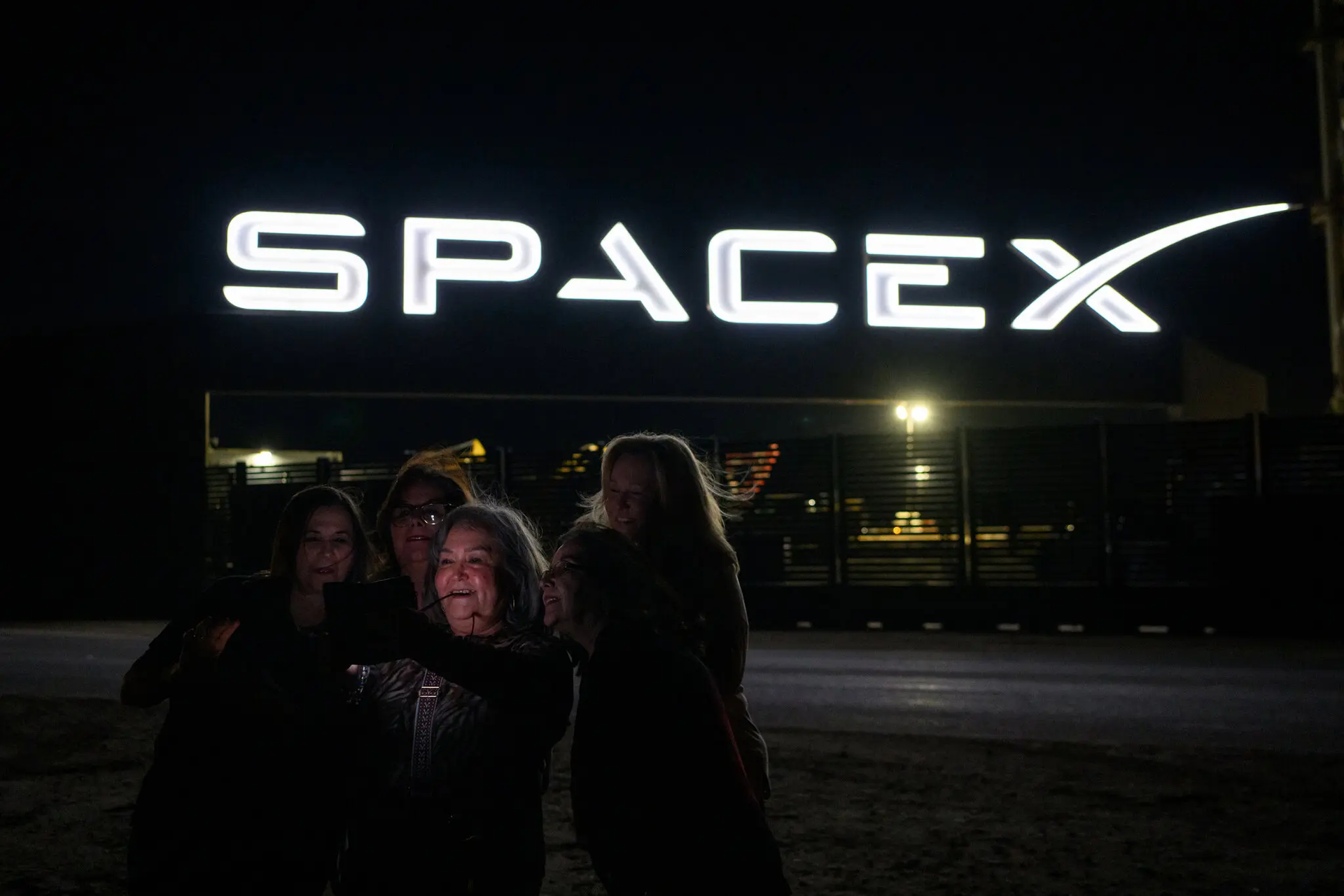The Political Transformation of Cameron County: A Tale of Elon Musk and Shifting Alliances
The political shift in Cameron County—a predominantly Hispanic community located in the southernmost tip of Texas—began with the arrival of a billionaire.
That billionaire was not Donald Trump, but Elon Musk.
More than a decade ago, Musk brought SpaceX to Cameron County, where the company conducts numerous rocket launches. Today, Musk’s influence is visible everywhere. Downtown Brownsville showcases a blend of old cultures (Mexican, American, and Tejano) and new ones (space exploration, astronauts, and Musk’s portraits).
On the way to the Starbase launch site, a massive bust of Musk stands tall. According to The New York Times, the world’s richest man is celebrated like royalty in one of America’s poorest counties.
What happened on November 5 was even more unexpected: Donald Trump achieved what no Republican had managed in two decades—he flipped Cameron County. The president-elect won the county with 53% of the vote.
The last Republican presidential candidate to achieve similar success here was George W. Bush, the former Texas governor, in 2004. Cameron County is one of many traditionally Democratic strongholds in South Texas, populated primarily by Hispanic laborers.
Factors Behind Trump’s Success
Several factors contributed to Trump’s victory in Cameron County. Voters and officials alike note that no single individual is solely responsible for the “Trump wave.” However, interviews conducted by The New York Times suggest that Musk’s influence—broad yet ambiguous—transformed him from a local tech entrepreneur into a symbol of Trumpism among working-class and Latino communities.
“Money Falling from the Sky”
In the wetlands just a few miles from Brownsville, Musk’s bust captures the attention of passersby. On November 30, a group of Czech tourists stopped to admire it.
Nearby, the road leading to Starbase bustles with activity: employees and contractors ending their shifts, tourists on scooters, and workers gathering around taco trucks. At a restaurant playing indie and electronic music, a neon sign at the bar reads “Occupy Mars.” The establishment exclusively serves SpaceX employees.
Under a large white neon SpaceX sign, five local women paused for selfies. Once lifelong Democrats, four of the five voted for Trump in the last election, citing economic concerns and record-high migration levels.
“Lately, they’ve strayed far from those values,” said Yolanda Perales, a 64-year-old retired nurse, about the Democratic Party. She believes Republicans are more focused on reducing living costs and healthcare expenses.
Sonia Rodriguez, 71, was the only one in the group to vote for Kamala Harris. Disapproving of Trump’s personality, she remains open to the changes a second term might bring. “We hope he boosts the economy and helps those struggling here,” she said.

Economic Shifts and Political Ripples
In 2012, Cameron County competed with Florida and Puerto Rico to attract SpaceX. Gilberto Salinas, then Executive Vice President of the Brownsville Economic Development Council, called it “money falling from the sky.”
Local and state officials promoted SpaceX as a job creator for families along the border, while educators hoped it would enhance STEM programs in public schools.
Despite Cameron County’s 22.6% poverty rate—higher than Atlanta’s Fulton County (12.7%), Los Angeles (13.9%), and Miami-Dade (14.5%)—SpaceX brought rapid economic growth, generating millions in revenue and tourism. The project has directly or indirectly created thousands of jobs, many of which offer higher-than-average wages despite not requiring college degrees.
This economic transformation has reshaped the political landscape of the Rio Grande Valley. Some working-class Hispanic families have transitioned to the middle class, prioritizing financial stability and leaning Republican.
“There’s this aspiration, the idea that [Musk] will take Cameron County—one of the poorest in the nation—to Mars,” said Guadalupe Correa-Cabrera, a political science professor at Georgia Mason University.

A Love-Hate Relationship
Trump’s campaign effort in Cameron County was minimal—Musk had already set the stage. Over the years, Musk subtly transformed the county’s culture, economy, and politics.
Supporters credit Musk and his allies with bringing jobs, tourism, and a tough stance on illegal immigration, contributing to Cameron’s political shift from blue to red.
“Elon decides almost everything here,” said Deborah Bell, chair of the Cameron County Republican Party. “It’s a love-hate relationship.”
Musk’s impact is a mix of contradictions. Many local oil workers oppose the electric vehicle industry but admire Musk and his Teslas. Musk, an immigrant from South Africa, denounces illegal immigration, resonating with families who have long-established roots. His business ventures create jobs but also exacerbate income inequality, drawing working-class voters toward Trump.
Temporary or Lasting Change?
Some leaders and voters believe this political shift is temporary. “I think it’s just a phase,” said Juanita Castillo, a 63-year-old independent voter leaning Democratic.
Jared Hockema, chair of Cameron County’s Democratic Party since 2018, compared it to 2004 when Republicans won briefly, only for Barack Obama to reclaim the county four years later.
Hockema pointed out that Musk cannot be solely credited for the county’s economic success or blamed for its shortcomings. Musk is “a symbol of everything both right and wrong with our society,” he concluded.